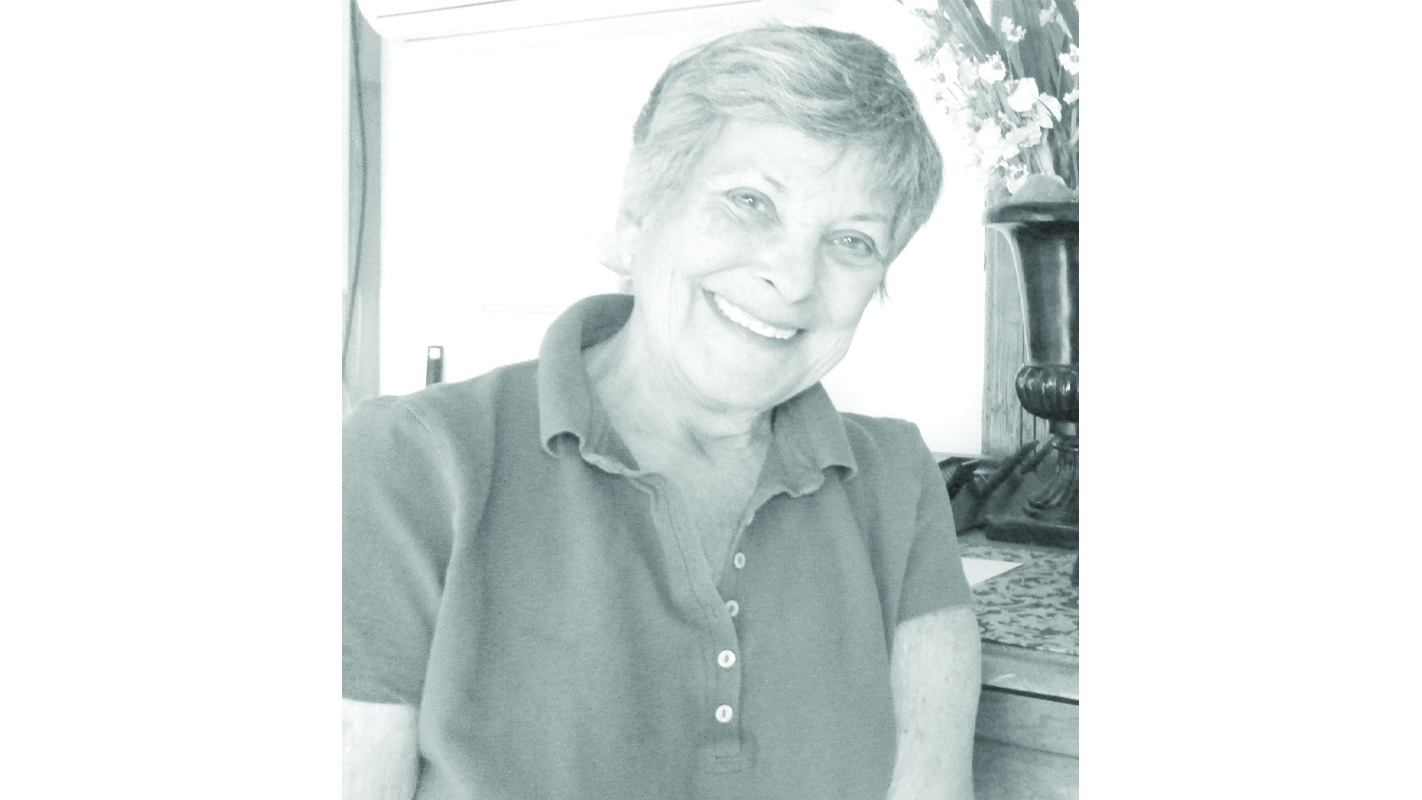The good news is that this week, the number of COVID cases, hospitalizations and deaths seems to be declining. Premier Legault is looking cautiously at lifting some of the most onerous restrictions on our lives.
Despite a messy rollout, close to 250,000 Quebecers have received a vaccination.
We have 50 more minutes of daylight than we had on January 1. We are two-thirds of the way through winter and have passed the coldest day for this year.
Dare we hope that we are closer to the end of the tunnel? Absolutely.
A few other messy developments over the week provide the “…. plan for the worst”.
For example, do-it-yourself investors have been growing for several years, but the confluence of COVID, government support funds that are not being spent for groceries and people sitting at home with little to do has caused a spike in stock trading activity. Close to one million new accounts were created across the entire Canadian online brokerage industry in the last nine months.
This past week, a social media group on Reddit flexed its muscle to upset the traditional way the stock market works. Although most of us of a certain age have not been involved in what looks like hysterically speculative behavior, the fact is that the behavior itself can affect us badly because it has affected traditional brokerage houses – the ones who facilitate investments in our pensions and retirement savings. Think of this event as another in a long line of “disruptions” that are changing the way our society has traditionally handled specific events. Remember when we went to the video store to rent a film or DVD? That was before Netflix arrived on the scene. We don’t go to the video store anymore, and Blockbuster is out of business. How did we do “it” before Airbnb, Google, Amazon or Facebook? Definitely not the way we do it today. We don’t know how the Reddit/Gamestop/short squeeze story will play out in the end. What we can say right now, however, is that a lot of money will change hands and the industry may very well be changed forever.
Sticking with the stock market and our personal finances for another minute, it’s time to recognize that the stock market has been going up for more than 10 years. Time to re-acquaint ourselves with the definition of a bubble. From Investopedia: “a bubble is an economic cycle that is characterized by the rapid escalation of market value, particularly in the price of assets. Typically, a bubble is created by a surge in asset prices that is driven by exuberant market behavior.” I have no idea when this bubble will burst. I can say with certainty that it will.
Where will we find the pressure points and the disruptive solutions when the pandemic crisis ceases to be our all-consuming worry and we turn our eyes to other parts of our society? When will we be more aware of how poorly the economy is doing? How will we cope with the scaling back of monetary and fiscal stimulus and the inevitable tax increases? How will we deal with our crippled provincially-based healthcare system whose doctors are facing hundreds of thousands of elective surgeries that have been postponed? Is it more personnel we need or a different way of dealing with illness?
As usual, it’s so easy to find the downside of life. All the questions in the paragraph above will be answered (or not) in due course by each of us – we’ll vote whether in elections or with our money. Meanwhile, here’s a productive way to spend some time right now. It’s personal and may involve a change of perspective. Morgan Housel, author of The Psychology of Money, and inveterate blogger, puts it this way: “Managing lifestyle can have the same impact on your net worth as increasing returns. And it’s way more in your control. Wealth is just the gap between what you have and what you spend/want. It’s a two-sided equation, but the “MORE” side gets 99% of the attention. There are investors who work 80 hours a week to add 10 basis points to their returns when there are two or three full percentage points of dumb lifestyle bloat in their finances that can be exploited with way less effort.”
Dian Cohen is an economist and a founding organizer of the Massawippi Valley Health Centre.
Cohendian560@gmail.com.





